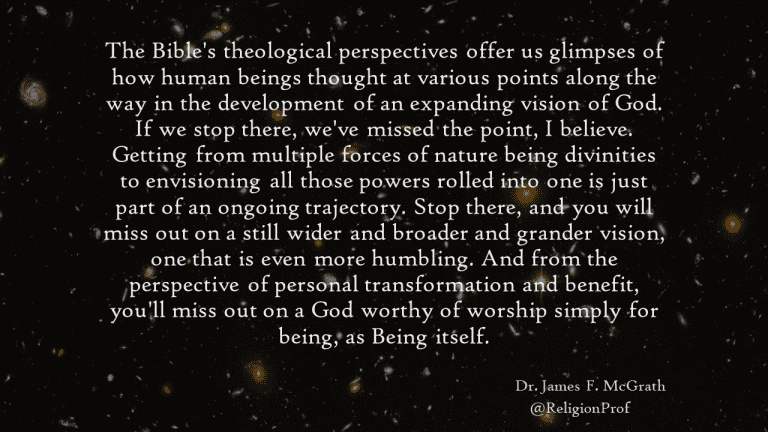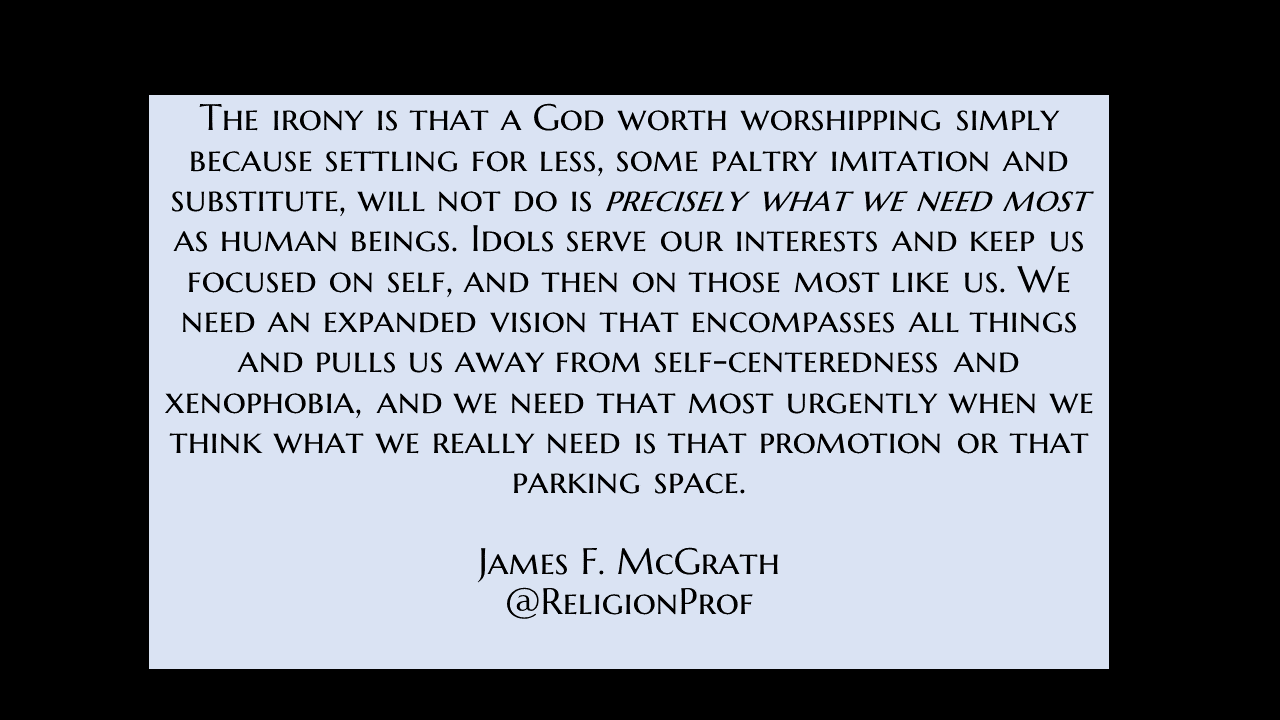I thought I’d share a part of the recording from my Sunday school class meeting via Zoom. Have a listen, and then if you’re interested in joining us for a future meeting, let me know.
Earlier in our gathering (which is mostly conversational in character and isn’t typified on the whole by me talking at great length) someone read a bit from one of the letters attributed to Paul, and that made me think of something I hadn’t before: in our terms, Paul was (according to Acts) subject to a governor-issued “stay at home order.” Granted, it only applied to him. But it nonetheless bears mentioning. Christians who cannot get a haircut are not experiencing what Paul did, either under house arrest or in prison.
Thinking back about how my thoughts progressed, it is perhaps ironic that I jumped from stay-at-home orders to exile, which in some respects are opposites. But in other respects, these are two different kinds of adverse situations that have given the people of God opportunities to expand their thinking, in circumstances in which the natural human instinct would have been to become insular, inward-focused, and to seek comforing idols.
I had already been talking earlier that morning around the question of what good God is if God is not the anthropomorphic micromanager of events to our advantage in response to our prayers. I think the question can lead naturally to the answer. The very question, what use or what good is God if I don’t benefit personally in practical ways, highlights the danger inherent in that sort of theology. A grander view of God that doesn’t cater to our desires forces us to expand our thinking to encompass the needs of others. It forces or at least allows us the opportunity to recognize that the other person applying for the same job or looking for the same parking spot might be praying just as fervently to the same God you are, in a manner that in and of itself ought to raise serious issues for that kind of theology.
In short, if your view of God is such that to change it so that you don’t understand yourself to reap personal benefits from the relationship, then your view of God is shaped by a culture of human interactions and reciprocity and imagines God as yet another possible covenant partner. That idea, of course, is at the heart of much of the Bible. But that’s the whole point. The Bible’s theological perspectives offer us glimpses of how human beings thought at various points along the way in the development of an expanding vision of God. If we stop there, we’ve missed the point, I believe. Getting from multiple forces of nature being divinities to envisioning all those powers rolled into one is just part of an ongoing trajectory. Stop there, and you will miss out on a still wider and broader and grander vision, one that is even more humbling. And from the perspective of personal transformation and benefit, you’ll miss out on a God worthy of worship simply for being, as Being itself.
The irony is that a God worth worshipping simply because settling for less, some paltry imitation and substitute, will not do is precisely what we need most as human beings. Idols serve our interests and keep us focused on self, and then on those most like us. We need an expanded vision that encompasses all things and pulls us away from self-centeredness and xenophobia, and we need that most urgently when we think what we really need is that promotion or that parking space.
Of related interest elsewhere on Patheos:
And from Steve Wiggins:















